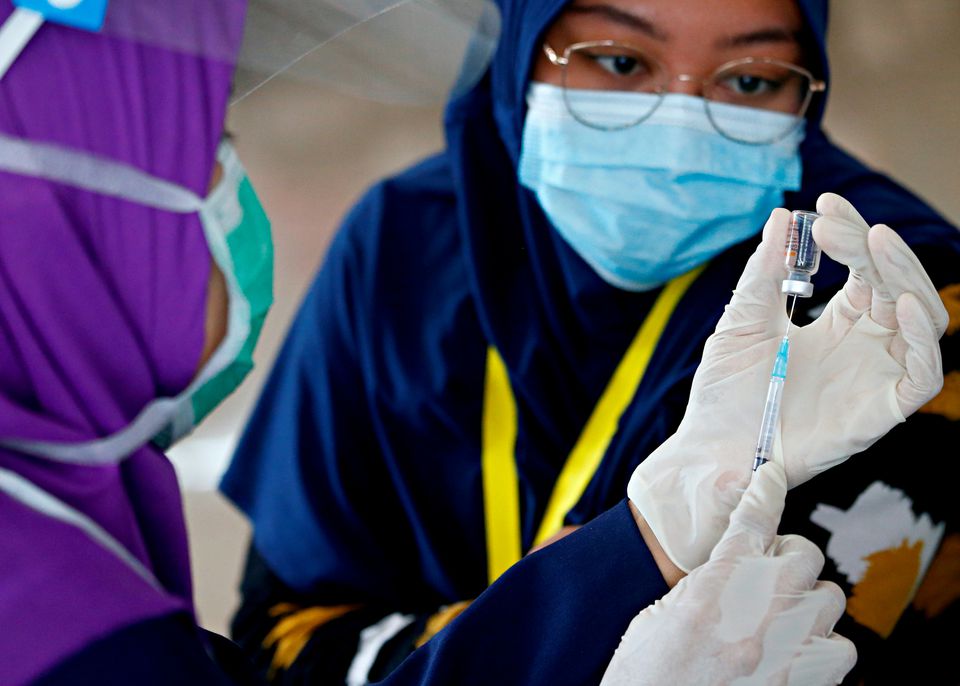Covid 19 has exposed gaps in the budgetary allocations of the subnational governments in Indonesia that resulted in increase of out-pocket health expenditure and catastrophic household spending on health expenditure for health care services.
A recent study by Health Policy Plus (HP+) suggests that 4 % of their projected province-level aggregated budget for 2021 must be spent on Covid 19 response such as vaccination drives, healthcare worker incentives and patient care cost under the National Health Insurance (Jaminan Kesehatan Nasional or JKN) Scheme.
On the other hand, the COVID 19 pandemic also affected health care utilization. The report by HP+ found that healthcare visits by JKN members decreased by 36 percent in relation to public and private hospitals, 28 percent for public health centers, and 28 percent for private primary care clinics compared to a counterfactual scenario in which the COVID-19 pandemic never occurred.
It is an important policy issue for the government of Indonesia to ensure that poor households, including subsidized members of JKN, are truly protected from service charges for healthcare during the continuing COVID-19 crisis. The government could also consider additional cash transfers or social safety net payments for poor households at risk of catastrophic household expenditure while addressing the implications of the declined use of essential health services.
Download the full Report from the Indonesia Country page Document’s Section below.
Image Credits: Reuters


